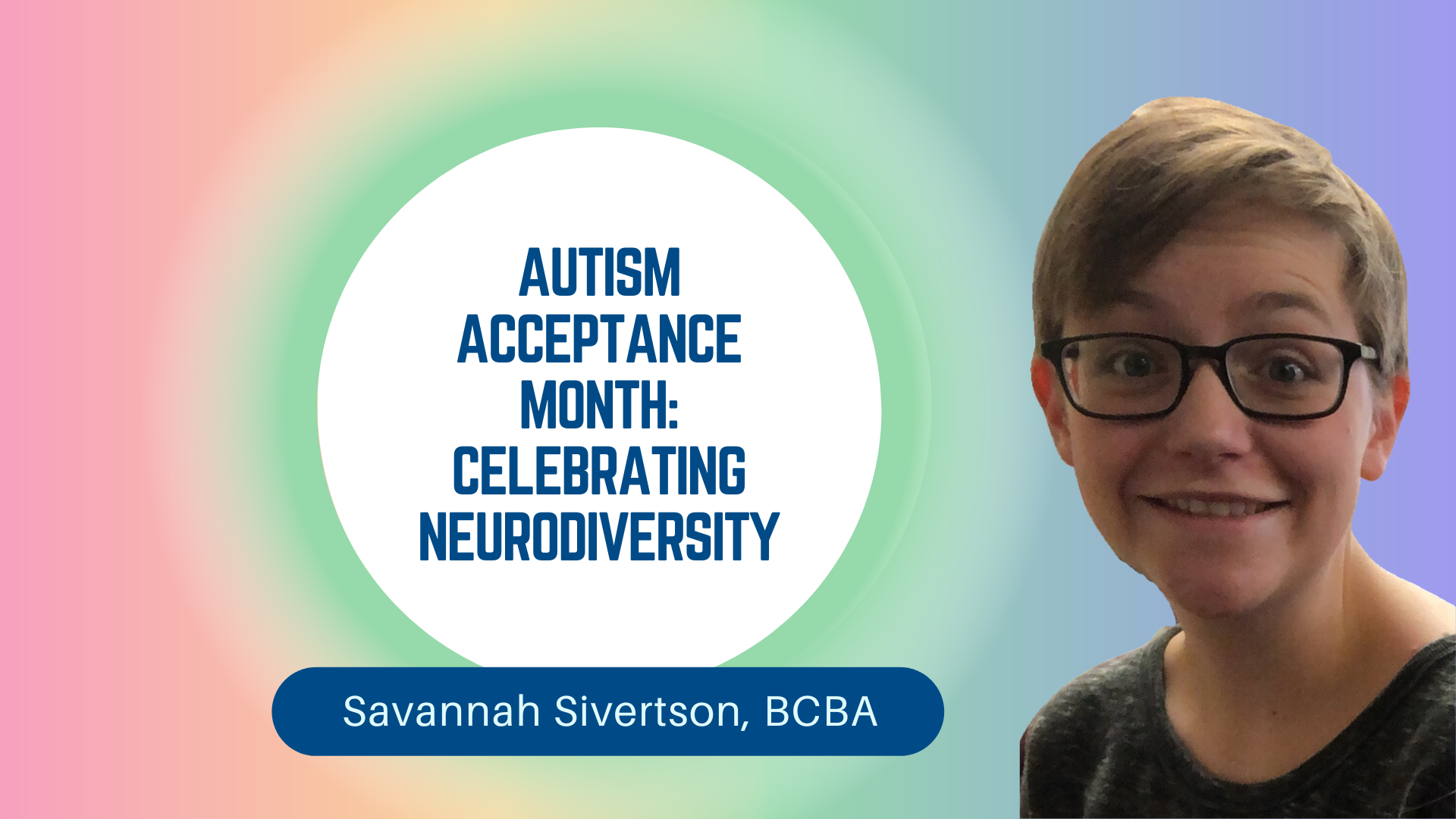Would You Recognize Any of these Common Autism Signs?
One in 54 children in the United States is now diagnosed with autism spectrum disorder (ASD). What’s more, 25 percent of children with ASD under the age of eight are still going undiagnosed, making many parents worry that they may not recognize the signs of the disorder. So they often ask me how they would recognize the symptoms of ASD and what to do if they suspect their child is on the spectrum.
ASD is a complex developmental disability related to brain development and typically is recognized during early childhood. Research has found that ASD can sometimes be detected at 18 months or younger. By age 2, a diagnosis by an experienced professional is considered very reliable. Unfortunately, many children do not receive a final diagnosis until they are much older. This delay means that a child with ASD might not get the help he or she needs—and research shows that the earlier ASD is diagnosed, the sooner treatment services can begin.
Something that all parents should be cognizant of is that the American Academy of Pediatrics (AAP) recommends that all children be screened for developmental delays and disabilities during regular well-child doctor visits at:
- 9 months
- 18 months
- 24 or 30 months
In addition, all children should be screened specifically for ASD during regular well-child doctor visits at:
- 18 months
- 24 months
So, if you notice that your pediatrician is not screening for ASD, don’t hesitate to ask or remind him/her to do so. Believe me, your doctor won’t mind. He or she wants what’s best for your child, too.
However, you don’t need to wait for screenings at these recommended ages. You know your child best. If you notice something that seems a bit “off” at any age you need to let your child’s pediatrician know what is concerning you and have it looked into. It may be nothing to worry about, or it might warrant a referral to a specialist who can provide a comprehensive psychological screening.
In general, the more common symptoms and signs of ASD are problems with social communication and interaction, delayed language skills and learning, and odd patterns of behavior.
To help you, I’ve listed below some of the things most often noticed by parents. Just remember that if your child exhibits one or more these symptoms, it doesn’t mean that your child has ASD… it just means that you should get it checked out by your pediatrician.
Social skills
- Avoids or has poor eye contact
- No social smiling by 6 months—for example, not responding to sounds, voices, or his/her name
- Prefers playing alone to playing with others
- Doesn’t show items or share interests
- Has an unusual attachment to one particular toy or object
- Doesn’t understand how to take turns
- Doesn’t like or avoids physical contact with others
- Doesn’t make facial expressions or does make inappropriate expressions
- Can’t be easily soothed or comforted
- Has difficulty expressing or talking about feelings
- Has difficulty understanding other people’s feelings (lack of empathy)
- Doesn’t understand social cues—for example, your child starts running towards the street and even though you are calling and chasing after them they don’t realize it’s a dangerous situation, but think it’s a game
- Doesn’t use pretend play (make believe)
- Doesn’t understand jokes, sarcasm or teasing
- Unusual reactions in social settings—for example, covers their ears or head or hides under a table because of the stimulation around them
Language and communication skills
- Doesn’t have one-word communications by 16 months
- Doesn’t babble, point or make meaningful gestures by 12 months
- Doesn’t speak in two-word phrases by 24 months
- Uses an abnormal tone of voice—for example, he or she talks in a whisper, uses an extremely high pitch or growls words
- Has delayed speech and language skills (falling behind peers)
- Doesn’t understand simple language
- Repeats words or phrases over and over
- Uses odd words or phrases—for example, repeats phrases over and over or uses silly combinations of words
- Reverses pronouns—for example, says “you” instead of “I”
- Rarely or never uses gestures or body language—for example, waving
Irregular behaviors
- Performs repetitive motions—for example, flaps hands, rocks back and forth or spins
- Lines toys or other objects up in an organized fashion
- Gets upset, frustrated by small changes in daily routine
- Plays with toys the same way every time
- Has odd routines and gets upset when not allowed to carry them out; such as always wanting to close doors
- Likes certain parts of objects—very often this is wheels or spinning parts
- Has obsessive interests
- Is hyperactive or has a short attention span
While the above symptoms are the most common potential signs of autism, there are a few others that you should be aware of including a tendency for self-injury, such as scratching themselves, and an abnormal reaction to sounds, smells, tastes or looks.
Also, while most children may be ‘picky’ eaters at one time or another, a child with ASD has irregular eating habits; for example, he or she may insist on eating only the same foods. And, while many children often have sleeping problems, children with ASD can consistently struggle with either falling asleep or staying asleep and frequently resist their bedtime routine.
If you notice your child is exhibiting any of the signs or symptoms listed above, please talk to your pediatrician. And if your child is diagnosed with ASD, treatment should begin as soon as possible. A number of studies have proven that the best outcomes are achieved when treatment intervention is started as early as possible and with a high intensity (or hours) per week. There is ample evidence that early intervention can improve social and communication skills during infancy and this has the potential to significantly help improve your child’s later development.
.png)
